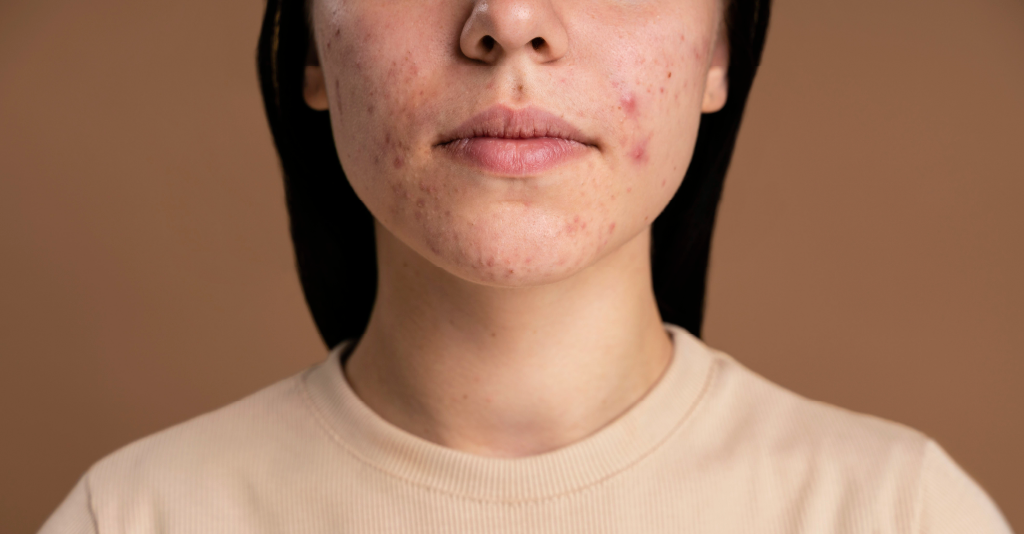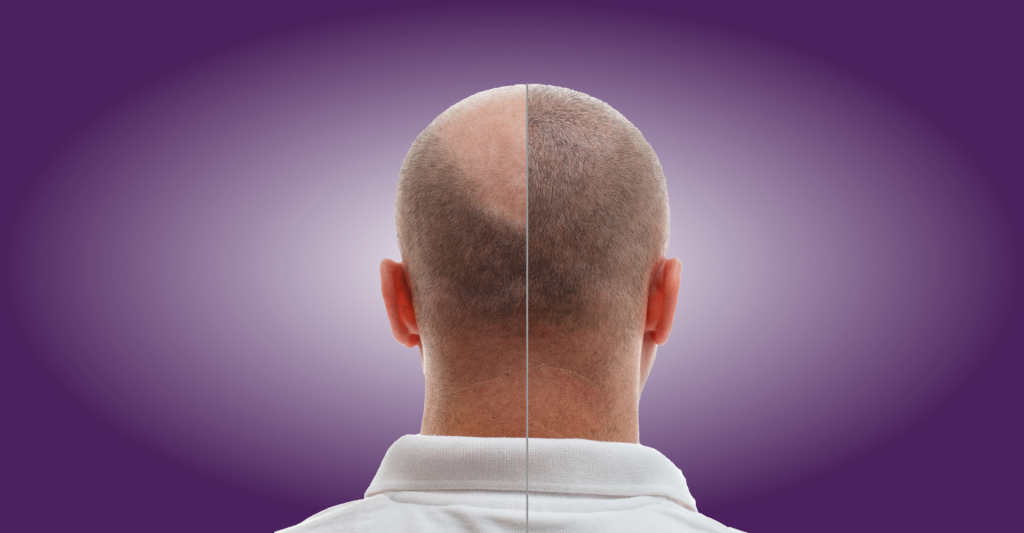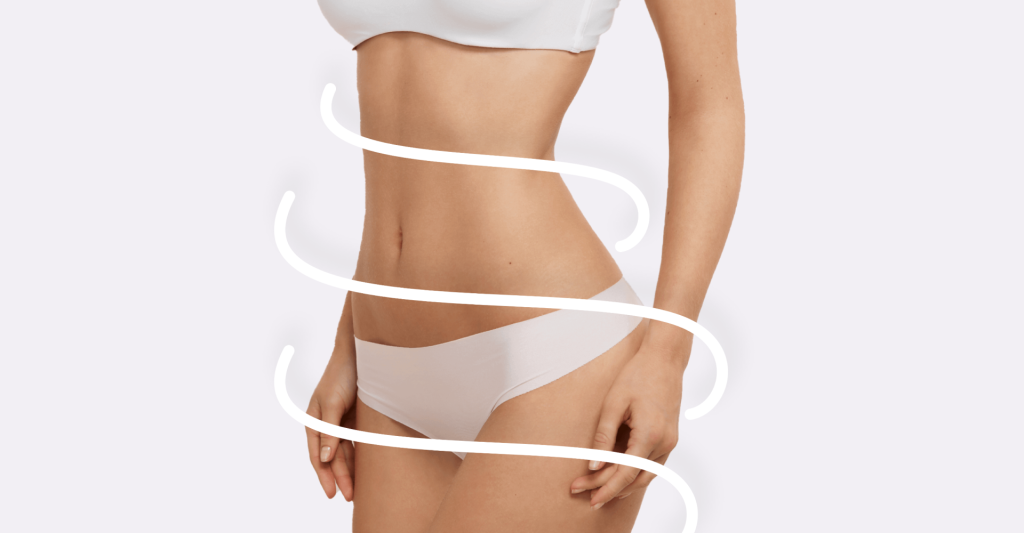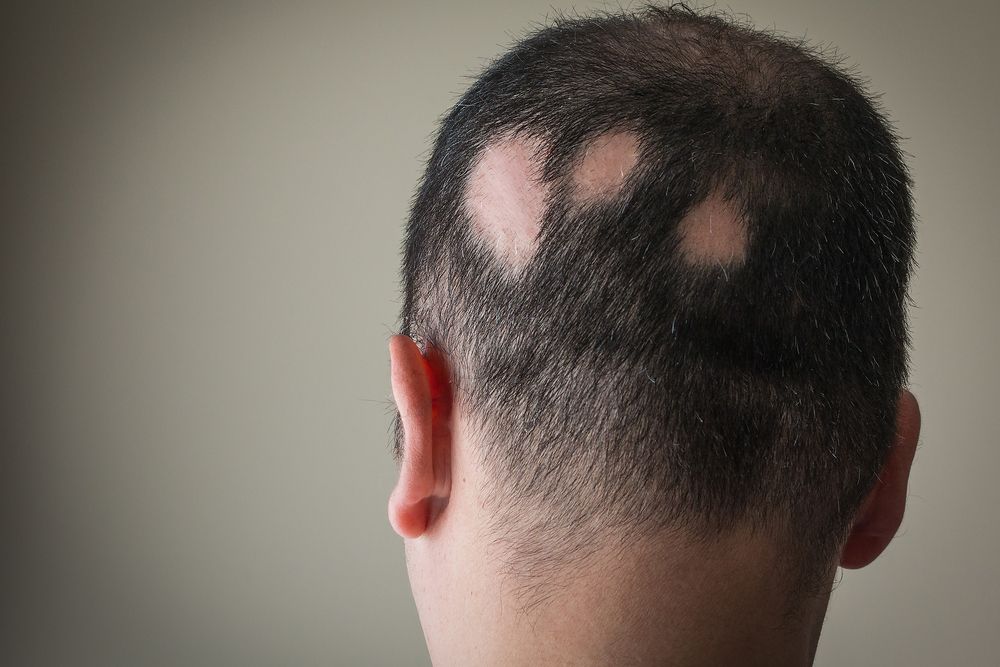Having acne scars as an adult can be a painful reminder of acne in your youth. If you’ve ever dealt with acne scars or are presently dealing with them, you’ve probably got a lot of questions. Some typical questions regarding acne scarring include: What causes acne scars? How to remove acne marks? Is there anything I can do to prevent scarring?
Fortunately, we have some knowledge on what causes acne scars, what increases your risk of scarring, and how to keep those unsightly scars off your beautiful face. At Sasha Luxe, we know that finding the right treatment for you can be the key to unlocking smooth, healthy-looking skin.
What are the signs of the acne scars?
- During healing, hyperpigmented scars are created by a pigmentation buildup around the site. Once the area has faded, a pink or brown mark remains.
- Acne-related atrophic scars are defined by flat and shallow indents in the skin caused by a lack of collagen. In this example, insufficient tissue was created during healing to cover the whole region of the location.
- Hypertrophic and keloid scars are elevated lumps of scar tissue. These are caused by scar tissue buildup. While hypertrophic scars are similar in size to acne spots, keloid scars can become more significant than the initial blemish.
How To Remove Acne Scar:
Removing acne scars entirely is challenging, and complete removal may not always be possible. However, some various treatments and procedures can significantly improve the appearance of acne scars. Here are some effective methods:
Topical Treatments:
- Retinoids: Prescription retinoids like tretinoin can help stimulate collagen production and promote skin renewal, reducing the appearance of scars.
- Vitamin C: Applied topically, vitamin C can help brighten the skin and improve discoloration
Professional Acne Scar Treatments:
- Chemical Peels: A dermatologist can use chemical solutions to remove the top layer of skin, reducing the appearance of scars.
- Microdermabrasion: This procedure involves exfoliating the skin to improve texture and reduce scarring.
- Laser Therapy: Different types of lasers can target scars and stimulate collagen production for improved texture.
- Microneedling: Tiny needles create micro-injuries, prompting the skin to produce collagen and improve the appearance of scars.
Injectable Treatments:
- Dermal Fillers: Fillers like hyaluronic acid can be injected to elevate depressed scars and improve skin texture.
- Steroid Injections: For raised scars, corticosteroid injections can help reduce inflammation.
Why Do Acne Scars Occur?
When acne appears on your skin, your body’s natural healing processes kick in, just like with an accident or disease. Acne arises when your skin pores become clogged with excess oil and dead skin cells. It can occur near the skin’s surface, indicating that it will most likely heal quickly and with minimal scarring. Acne that is deeper in the skin, on the other hand, heals more slowly. Scars are expected as a result of this since they penetrate deeper and damage more skin tissue.
Following a breakout, your body will attempt to mend itself by replacing destroyed skin tissue. Scarring happens when the body creates excessive or insufficient amounts of this tissue. When the body produces excessive tissue, the acne lesion develops into a raised scar known as a hypertrophic scar. On the other side, a lack of tissue causes skin depressions, known as atrophic scars.
The black marks you receive after a bad epidemic are a different kind of scar. When a lesion is popped or otherwise opened up, the skin must heal back together to hide the depression. Your body is normally quite good at healing itself, but after a really severe trauma, such as a pit from a popped acne lesion, the body does not always cover up completely. The skin that covers the wound frequently changes color, texture, or tone. In other circumstances, the broken blood vessels from a burst lesion leave an imprint on your skin. These are sometimes referred to as “dark marks” or hyperpigmented areas.
What Are the Signs of Acne Scars?
The types of scarring seen in acne include keloids or hypertrophic scars, which appear as red, firm, raised papules [bumps]. Atrophic scars occur as depressed or “sunken in” areas and can range in size from huge, broad scars (boxcar and rolling scars) to little pits (ice-pick scars).
Acne scars are easily distinguished from other forms of scars because they form in the same location as a pimple.
How To Prevent Acne Scars:
Optimize treatment with proper skin care, diet, and treatment regimen to prevent acne scars. Don’t dismiss moderate acne because lowering skin irritation can reduce scarring.
Acne should be treated using over-the-counter lotions or face cleansers, including active acne-fighting chemicals like salicylic acid or benzoyl peroxide. If these do not work, consult a board-certified dermatologist.
Regular use of a topical retinoid like tretinoin (Retin-A), adapalene (Differin), or tazarotene (Tazorac) has been shown to both prevent and reduce the appearance of acne scars, and a dermatologist commonly prescribes these as part of an acne skin-care regimen.
Prevention also entails being gentle with your skin and avoiding habits that may irritate and worsen inflammation.
FAQs:
Is it possible to have smooth skin after acne scars?
Several methods of treatment can help with severe scarring caused by prior acne bouts: Laser resurfacing. This technique can be performed at a doctor’s or dermatologist’s office. The laser removes the damaged top layer of skin while tightening the middle layer, making the skin smoother.
Can I get clear skin after acne scars?
Yes, it is possible to achieve clearer skin even after experiencing acne scars. The key lies in a combination of proper skin care, professional treatments, and patience.
Can acne scars be removed permanently?
What is the fastest way to remove acne scars?
Treatments like laser therapy, chemical peels, microneedling, dermal fillers, and steroid injections can clear acne scars. A dermatologist can assess your skin, recommend the most suitable treatments for your specific type of scars, and provide realistic expectations regarding the timeline for improvement.
Takeaways:
Consider seeing a medical aesthetician if you feel like you’re using all the right at-home preventive measures but still can’t control your acne or acne scarring.
At Sasha Clinics, we offer many advanced, effective treatments for acne and acne scarring, including chemical peels, microneedling, hydrafacials, and prescription skin products. We can also help you understand your skin and recommend the retail topical products we trust.
Monthly maintenance skin care retreatments, including facials, can be very helpful. It can also help with anti-aging in the long run! For more details, book an appointment at Sasha Luxe.













